

Dr. Pawan Munjal, Executive Chairman

Non-Dilutive Grants for Paid Proof-of-Concepts
Secure funding to develop POCs without equity relinquishment
Opportunities for Scalability and Revenue Generation
Strategic Integration PathwaysExplore integration into Hero MotoCorp's product lines and operations.

Executive Mentorship
Strategic guidance from Hero's leadership & industry experts
Access to Advanced R&D Facilities
Utilize Hero's Center of Innovation and Technology (CIT, Jaipur) for cutting-edge development
Cross-Functional Expert Support
Technical assistance from specialized teams at Hero MotoCorp
Resource Deployment
Leverage cloud infrastructure, testing vehicles, and manufacturing facilities for rigorous product validation

Immersive Capacity-Building Programs
Participate in intensive boot camps focused on technology, business, and sustainability
Proactive Industry Trend Alignment
Develop solutions that anticipate and address long-term industry shifts
Sustainable Innovation Cultivation
Foster sustainable practices with a focus on actionable net-zero roadmaps

Non-Dilutive Grants for Paid Proof-of-Concepts
Secure funding to develop POCs without equity relinquishment
Opportunities for Scalability and Revenue Generation
Strategic Integration PathwaysExplore integration into Hero MotoCorp's product lines and operations.

Executive Mentorship
Strategic guidance from Hero's leadership & industry experts
Access to Advanced R&D Facilities
Utilize Hero's Center of Innovation and Technology (CIT, Jaipur) for cutting-edge development
Cross-Functional Expert Support
Technical assistance from specialized teams at Hero MotoCorp
Resource Deployment
Leverage cloud infrastructure, testing vehicles, and manufacturing facilities for rigorous product validation

Immersive Capacity-Building Programs
Participate in intensive boot camps focused on technology, business, and sustainability
Proactive Industry Trend Alignment
Develop solutions that anticipate and address long-term industry shifts
Sustainable Innovation Cultivation
Foster sustainable practices with a focus on actionable net-zero roadmaps


A proof of concept for airborne noise simulation. This initiative aims to accurately predict engine noise levels at the rider's ear or at a distance.


Seeking new technologies and proposals that can transform the virtualization framework. The objective is to reduce new product cycle time through digital tools for new product development, including virtual validation, generative design, and modern simulation techniques.


Exploring sustainable energy sources beyond electric vehicles. This focus area investigates viable gaseous fuel alternatives like Hythane and hydrogen fuel cells for two-wheeler applications, as part of a long-term vision for mobility.


Using AR/VR solutions to provide structured training and immersive showroom experiences for two-wheelers. This addresses the challenges of unstructured learning and limited vehicle availability in Tier 2 and 3 cities.


Creating autonomous vehicle solutions for efficient hub-to-hub logistics. The goal is to enable platform-based transportation and delivery operations.


Advancing next-generation battery solutions. This includes innovative developments in sodium batteries, thermal management, and fast and wireless charging. The focus also extends to integrating solar charging into swapping stations and developing improved battery State of Health (SOH) systems for EVs.
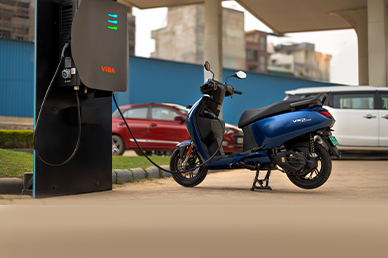

Designing lightweight and space-efficient onboard chargers that improve utility and portability for electric vehicles.


Leveraging smart sensors, mobile access, digital twin technology, and data-driven fleet management platforms to create smart vehicle connectivity. This enhances rider safety, improves convenience, and unlocks new revenue streams from vehicle operations.


Using AI-driven solutions for market insights and forecasting. This involves conducting qualitative surveys and building data repositories to enhance customer and market understanding.


Improving quality control through advanced digital twin technologies that automate defect detection and run lab simulations.
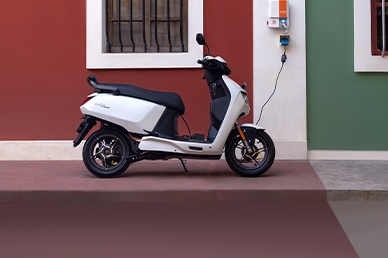

Five key focus areas in disruptive EV technology:
Lower Cost: Reduce the cost of EV technology and components without compromising quality.
Higher Safety: Improve vehicle or battery safety with novel solutions, such as advanced thermal management and crash safety.
Lightweighting: Design lighter materials and structures to increase vehicle range and energy efficiency.
More Energy-Dense Solutions: Enhance the energy density of batteries and other energy storage systems.
Supply Chain Resilience: Develop solutions that minimize dependence on critical materials and optimize supply chain operations.
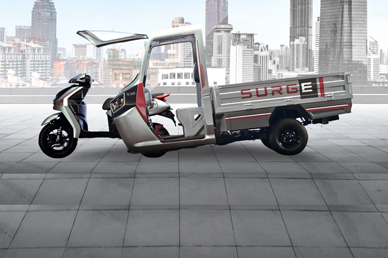

Exploring the following segments of emerging mobility:
Personal Mobility
Micromobility
Last-Mile Mobility
Beyond-Road Mobility
B2B Applications


Developing an interactive, voice-controlled rider interface for seamless interaction between the rider and the vehicle. This system, integrated with a mobile app via a Bluetooth headset or helmet, enables effortless communication for enhanced convenience and safety.


Improving quality control through advanced digital twin technologies that automate defect detection and run lab simulations.


Harnessing AI tools for a high level of convenience, speed, and efficiency. This includes sentiment analysis, trend forecasting, social media insights, and agile surveys. This area also involves developing efficient solutions for running large language models (LLMs) on edge devices.


Leveraging advanced materials and design optimization to create lighter vehicles, improving their overall efficiency and power-to-weight ratio.


A comprehensive approach to providing integrated mobility services through a single platform.


Developing innovative waste management systems to address recycling inefficiencies, improve traceability, and achieve circular economy goals.

Partners on Our
Innovation Journey



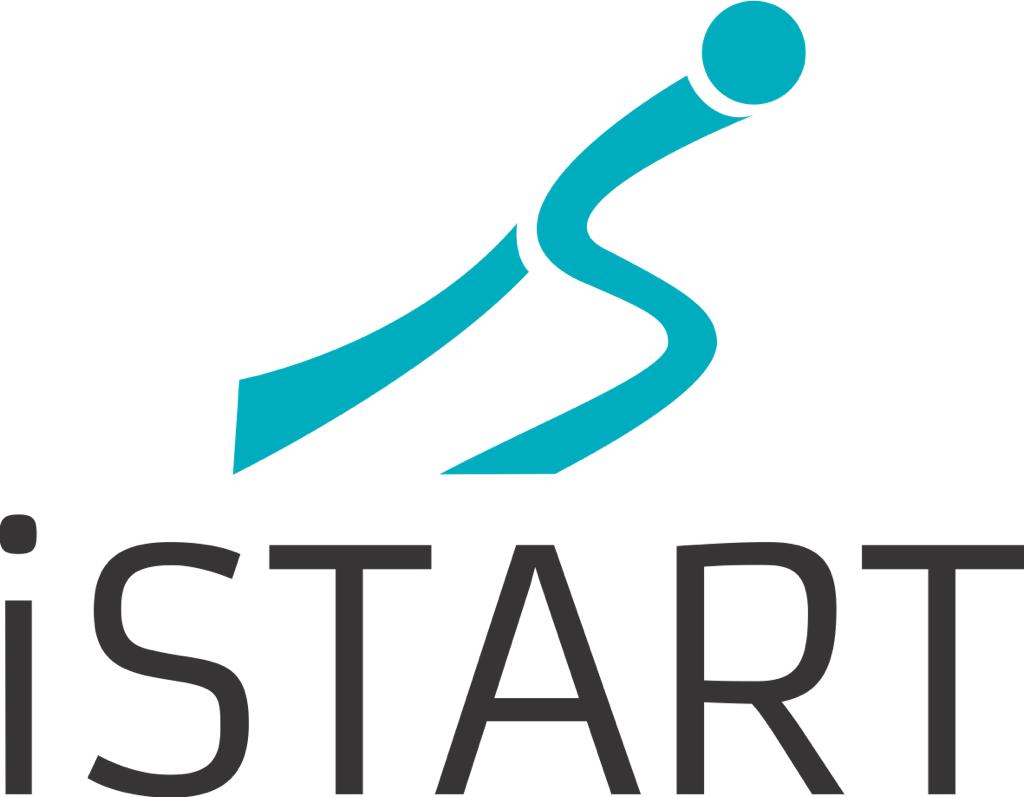
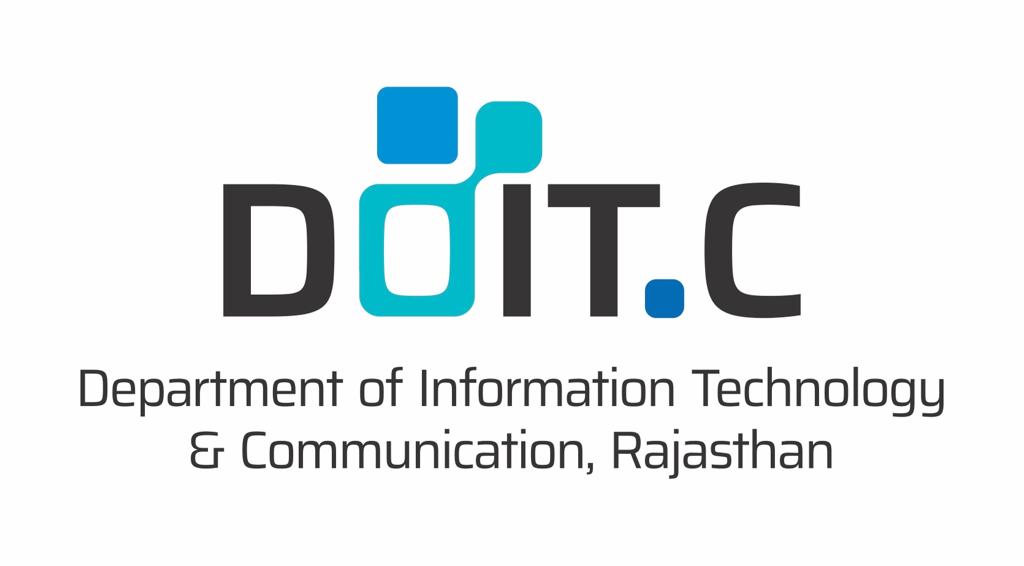


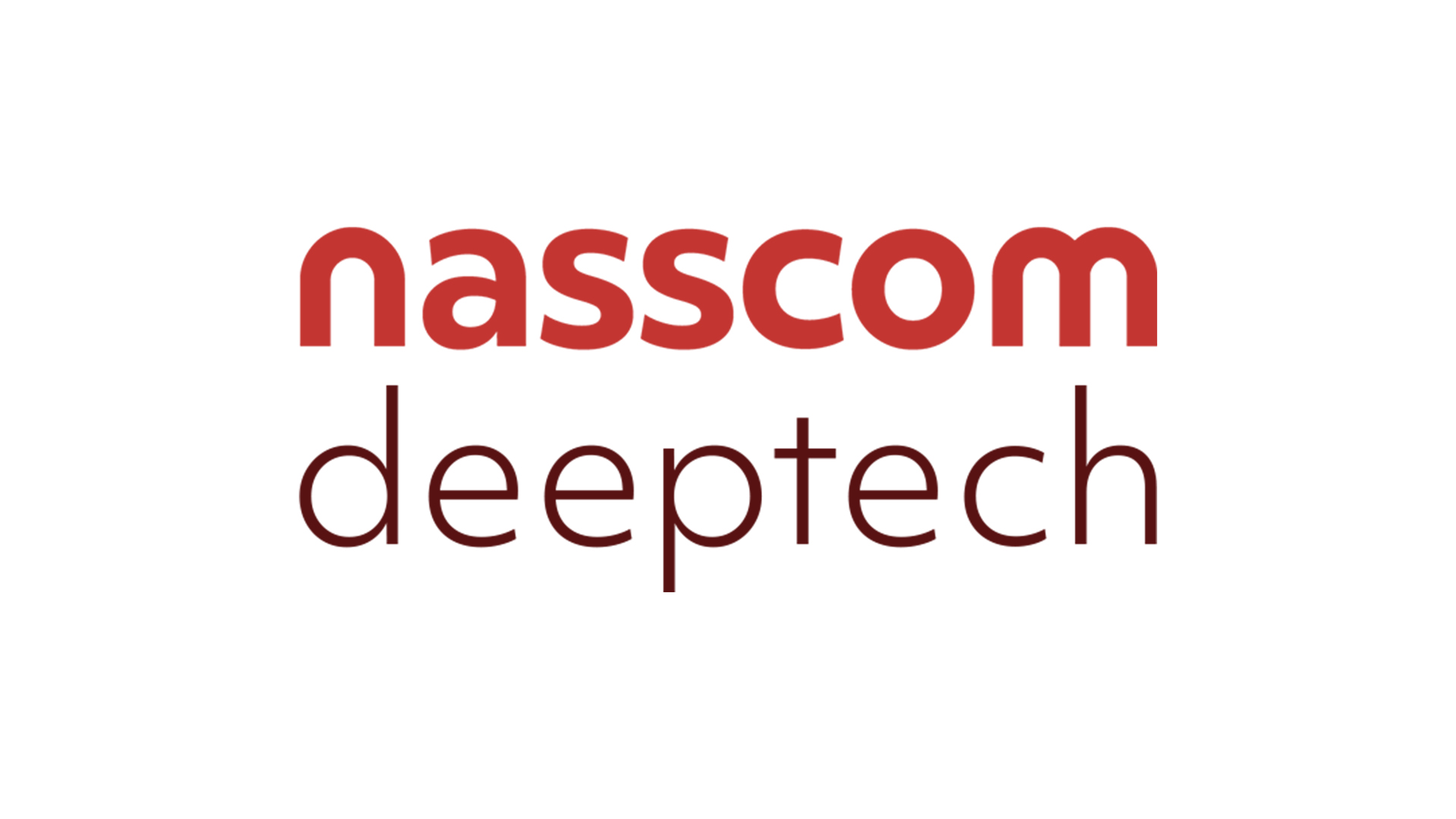
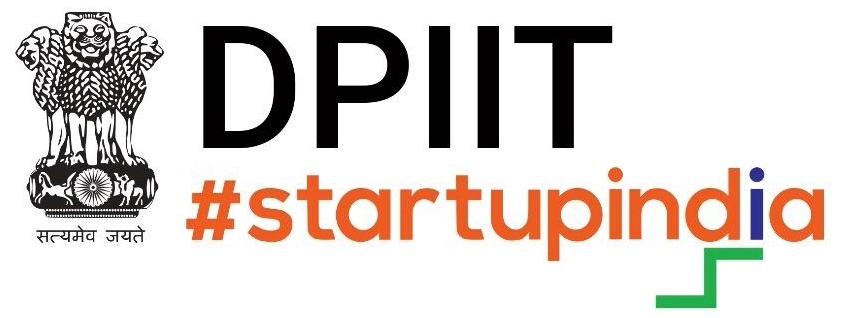
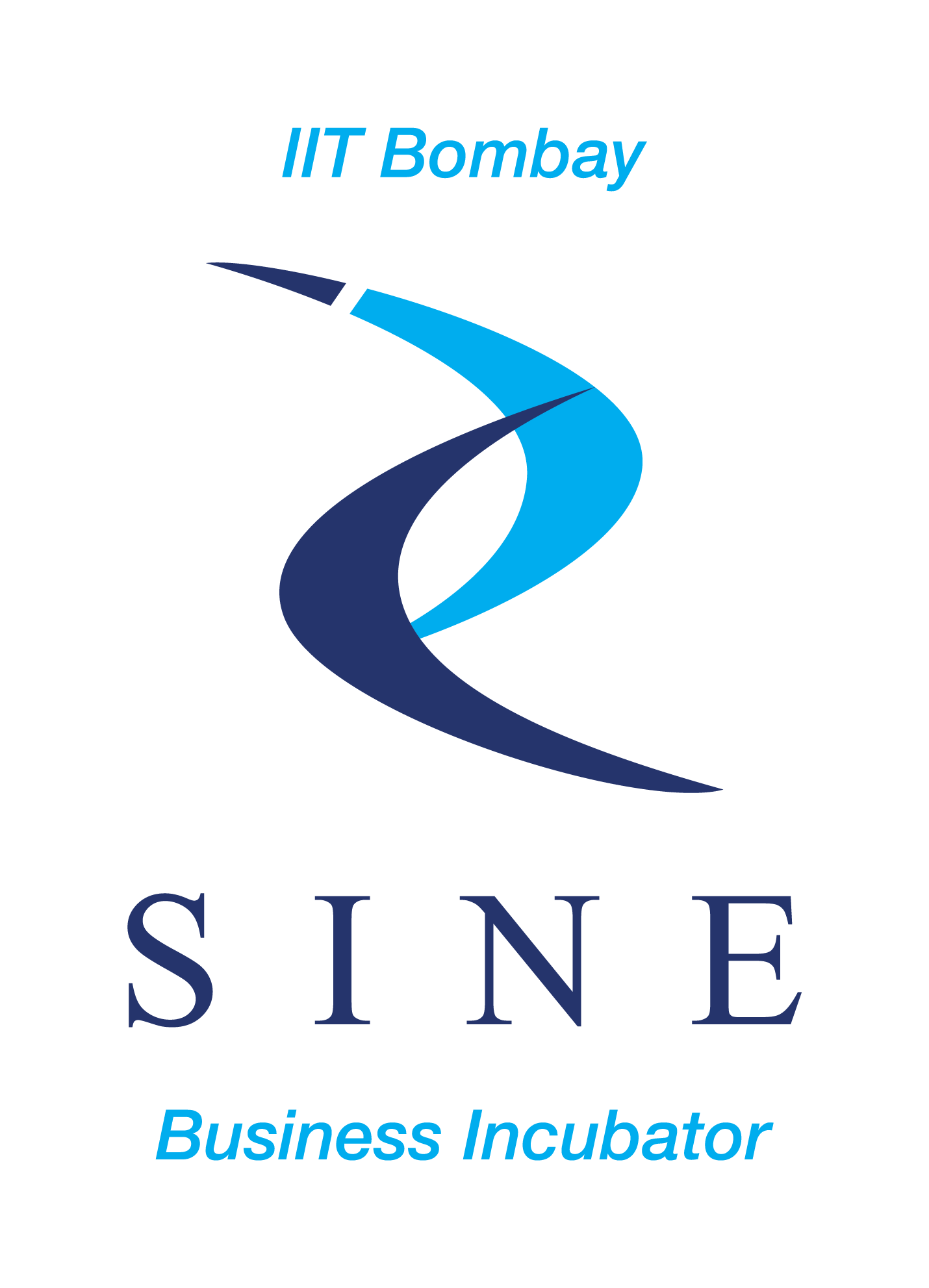
Hero For Startups
Pan India Coverage
Impact of Hero for Startups' inaugural first cohort 2024
18
States
500

Startups
21
Roadshows
18
States
500

Startups
21
Roadshows
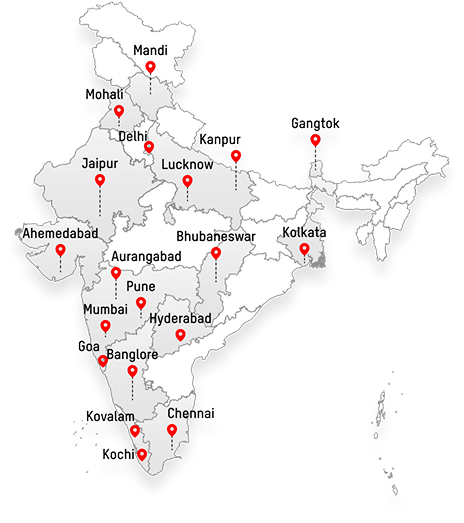
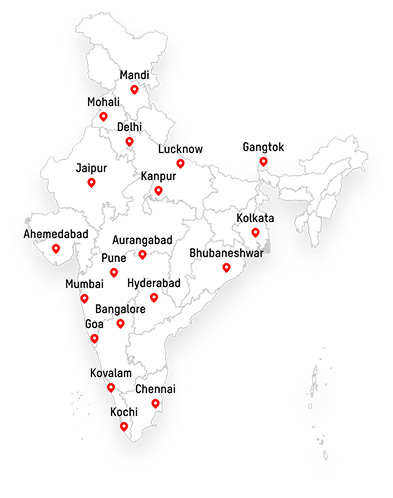
Want to reach out?
If you have any queries about this program, reach out via email.

.png)
.png)



 Angola
Angola
 Argentina
Argentina
 Bangladesh
Bangladesh
 Bolivia
Bolivia
 Colombia
Colombia
 Costa Rica
Costa Rica
 Dominican Republic
Dominican Republic
 DRC
DRC
 Ecuador
Ecuador
 El Salvador
El Salvador
 Ethiopia
Ethiopia
 GCC
GCC
 Guatemala
Guatemala
 Guinea
Guinea
 Guyana
Guyana
 Haiti
Haiti
 Honduras
Honduras
 Kenya
Kenya
 Madagascar
Madagascar
 Mexico
Mexico
 Myanmar
Myanmar
 Nepal
Nepal
 Nicaragua
Nicaragua
 Nigeria
Nigeria
 Panama
Panama
 Peru
Peru
 Philippines
Philippines
 South Africa
South Africa
 Sri Lanka
Sri Lanka
 Tanzania
Tanzania
 Trinidad
Trinidad
 Turkey
Turkey
 Uganda
Uganda
 Zambia
Zambia


